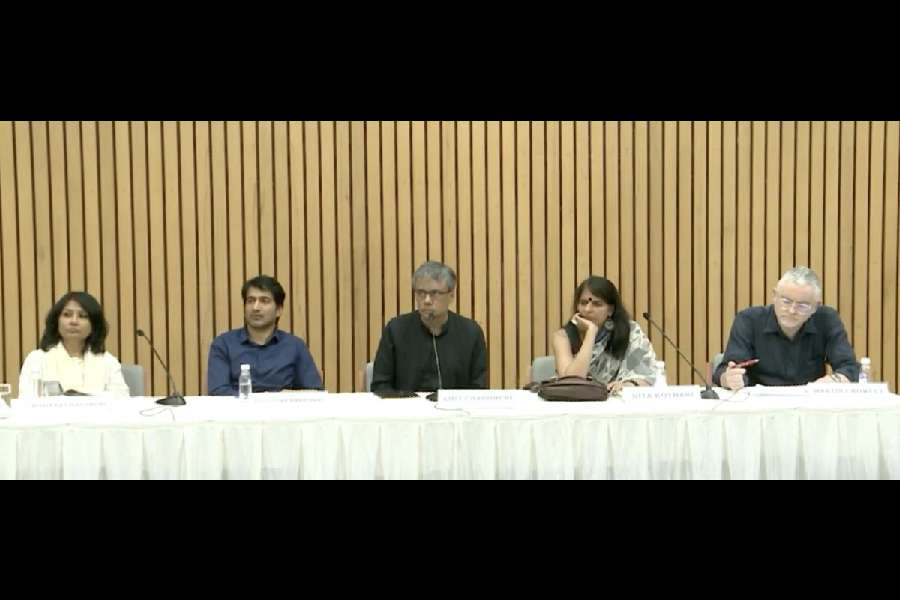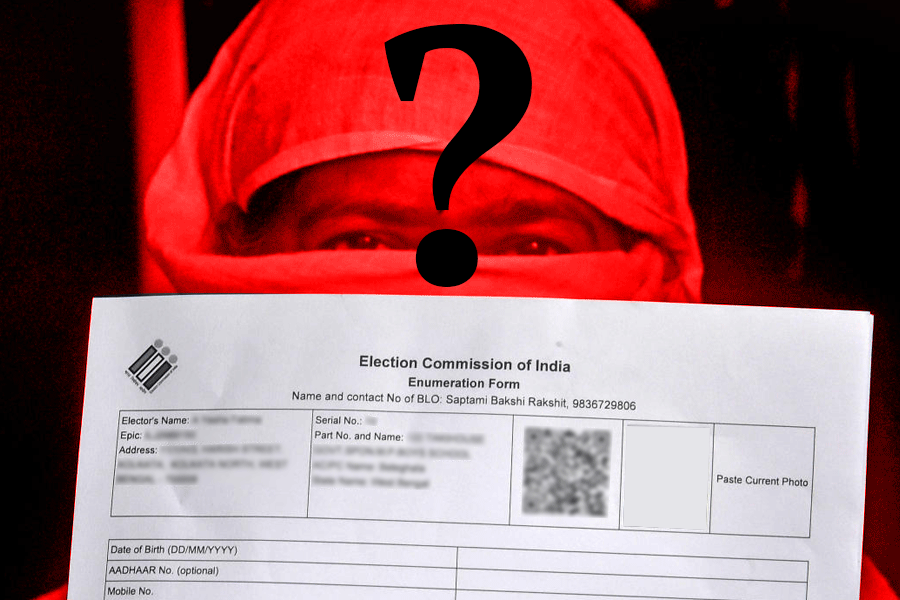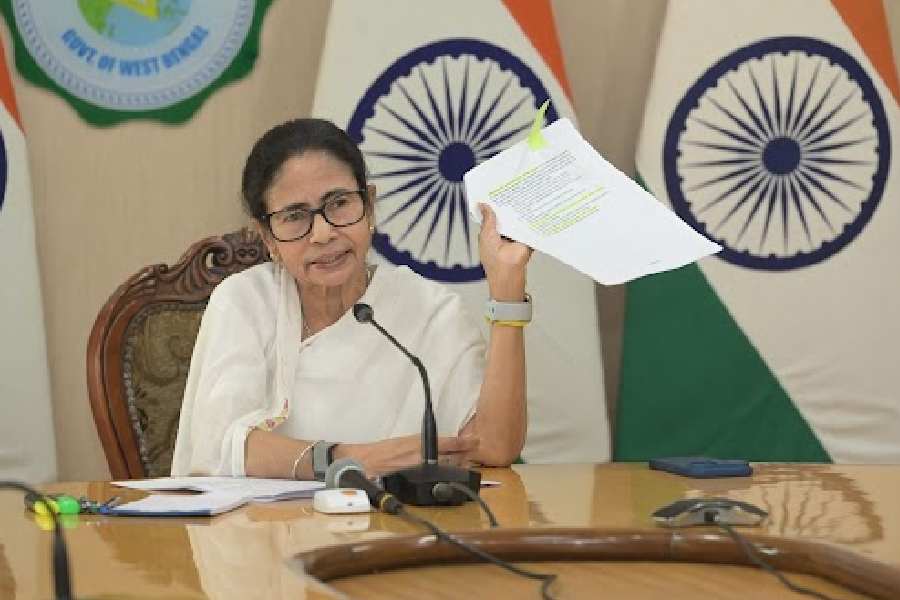Literary Activism, spearheaded by Sahitya Akademi awardee Amit Chaudhuri, that started off as a mission statement has metamorphosed into a think tank of sorts for literary luminaries. Since 2014 it has connected academics, novelists, poets, translators, and publishers, not just in India but even in the UK and Paris, to explore, evaluate, critcise and push set boundaries in the literary world. It now has a website as well as a publishing imprint, a partnership between Ashoka University and Westland Books, whose editor is Chaudhuri. As Literary Activism turns 10, and marks the occasion with a grand symposium in Delhi on March 28 and 29, we catch up with Chaudhuri. Excerpts from the chat.
Congratulations on Literary Activism completing 10 years. When it had started in 2014, did you envision that it will come this far?
I didn’t think in terms of time. We started it in December 2014 and we planned to keep going and do it every year. The first symposium generated some excitement through its mission statement, which was taking on a market-driven culture of book promotions. It was also taking on the over-professionalisation of academia, so that literary departments were increasingly about a set of academic protocols and genuflections rather than the problem and conundrum of literature itself. They were performing certain sorts of gestures that the discipline required, and which became more and more important. Academia itself was not taking on the market in terms of what the market was doing to books and the way we thought about literature. And I think part of the reason was because popular literature had become a kind of sacred cow, a kind of holy cow, and you couldn’t speak against anything that had a consensus around it, a consensus which would, in the end, be impossible without the market.
So literary activism arose from a sense of disquiet about the way literature is spoken about, disseminated, received and the way writers are not expected to think about why they’re doing what they’re doing. So the intention was to address this disquiet and to get a discussion going and to discover whether there were enough people to participate in this discussion or not. And at least as far as that was concerned, we did discover that there were people among writers and poets and filmmakers and academics and painters or artists who were concerned about this kind of impoverishment of discussion. We want to create and deepen the space for such a discussion.
How does it feel when you now look back at it after 10 years?
I feel pleasantly surprised that this conversation lasted a decade, and the fact that it has branched out into new things like a new imprint through which we publish books. Along with it came the website in 2020. So I’m happy that it got a chance to repeatedly, year after year, playfully investigate a set of concerns, which also would go against the grain of both the market and of academic concerns. It was fun in some ways to explore certain questions left out by the mainstream, and while doing it I would write a mission statement, which would be unlike other academic calls for papers; it would be like a short essay — this is how the poet Charles Bernstein described it to me recently — taking up a position and to make every part of the symposium non-instrumental and intellectually alive. I don’t know whether we managed to do it, but this was the intention.
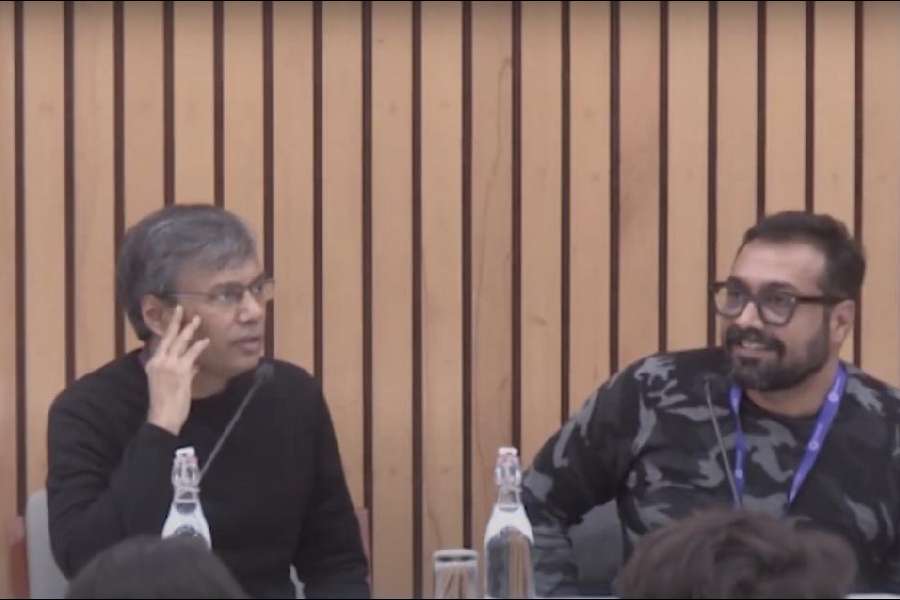
Amit Chaudhuri
Funding was required to do this. A lot can be achieved through a small amount of funding. For the last seven years, we have been getting support from Ashoka University, where I have been teaching since 2020, and we are lucky and grateful. It’s good to see that the project has survived and that a lot of interesting people are connected to it. There’s also a sense of concern as one wonders whether, in the end, is this going to change anything? What are people going to take from this conversation? And is this conversation going to inform the way a writer, artist, or a publisher thinks? It’s very, very difficult to ascertain because the system is completely taken over by the market and the market determines what we talk about, how we talk about those things.
The 10th anniversary symposium has a great line up with Arvind Krishna Mehrotra, Lara Choksey, Brian Dillon, Edwin Frank and others joining in. The title of the symposium — ‘The Non-Peer Reviewed Essay’ — stands out.
There is no such term as ‘non-peer reviewed’. I’ve coined it. There is an oppositional tendency in the way in which this term has been set up. It plays with a word like ‘non’ in ‘non-peer reviewed’. This oppositional tendency is there throughout the symposia if you look at the topics. Through that tendency, one is looking to re-evaluate things that are incomplete or whose instrumental purpose isn’t clear. These arenas of meaning are very important to the literary and artistic experience. This oppositional stance opens up things in a way that simple assertions of value cannot.
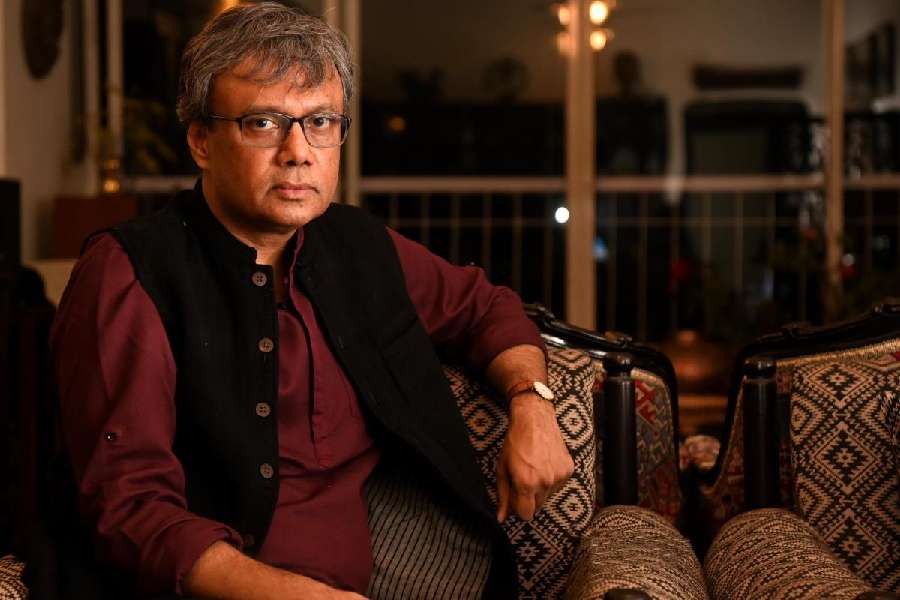
Amit Chaudhuri
Peer review is a fairly straightforward, conventional assertion of value. The rules, regulations and protocols in the peer-reviewed article are fairly clear. Now, what happens is that you leave out a lot from that kind of writing, including a lot that is random. You only keep what is germane or relevant to the idea of peer review. Randomness of thought, which can lead to insight, is not something that peer review accommodates. For the essayist or a particular kind of thinker, it is randomness of thought that takes you to insight. So it is this reason that I’m playfully calling a particular kind of practice, the practice of writing the non-peer reviewed essay.
Besides, peer review is given too much importance in India. People accept, submit to and bow down to the idea of the importance of peer review because it brings with it the stamp of legitimacy. And we Indians, today, want things to be legitimate. So here we are arguing for things that exist on the fringes of legitimate thoughts as being all-important. And the idea is to provoke a response and to remind people of the limitations of legitimacy as embodied by the idea of peer review.
Why is the symposium not happening in Calcutta?
Maybe we can start doing spin-offs in Calcutta. I would really love to. In fact, we did the first two or three symposiums in Calcutta — the first Literary Activism Symposium, when the main sponsor was the University of East Anglia, did happen in Calcutta in collaboration with Jadavpur and Presidency Universities. We went to Delhi in between and by the fourth symposium, because of the tie-up with Ashoka University, where I still wasn’t working at that time, it became Delhi. But I would love to do it in Calcutta as well.
Can you throw some light on your topic in the symposium: ‘What on earth does non-fiction mean?’
I’m just querying this category of non-fiction, which is a curious category; a negative category, in the sense that, it is ‘not fiction’. What is non-fiction? It’s not fiction, by which we mean it’s not made up, it’s factual. But is that the only way we can look at non-fiction, as being something that is not fiction and is factual, which is the way we are being asked to understand this genre increasingly? This also ties up with the peer-reviewed essay. The peer-reviewed essay is a more reliable and legitimate form of essay writing because it is immune not only to made-up elements, but certain imaginative elements as well. So, how do we describe what the imaginative is, and how might it be a part of non-fiction? How might non-fiction have its own imaginative resonance as much as fiction does? I think those are the things I want to discuss.
Lastly, 10 years is also a time to look forward and plan for the future. Tell us about that.
On a practical level, one would like more personnel, a little bit more funding, other collaborations. We are collaborating with the Institute of Advanced Studies of University College London. The Centre for the Creative and the Critical, which is at Ashoka University, is now the home for the Literary Activism symposiums and, with Westland Books, has produced this literary activism imprint through which we are publishing books. The books we have published include the first book of poems translated into English (by Arvind Krishna Mehrotra) by Vinod Kumar Shukla, who won 2025 Jnanpith Award. We are reissuing Sunetra Gupta’s Memories of Rain and are bringing out the anthology, On Failing. So that’s also part of the collaboration.

